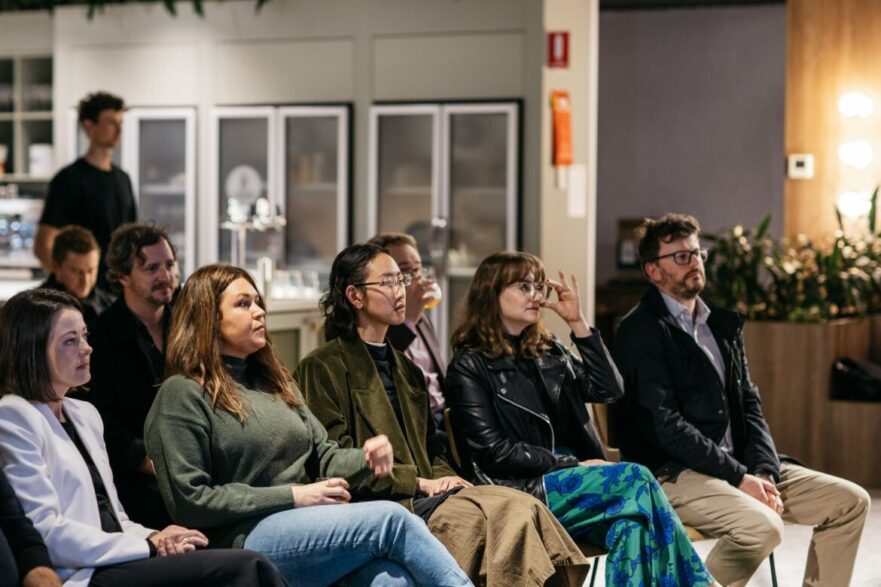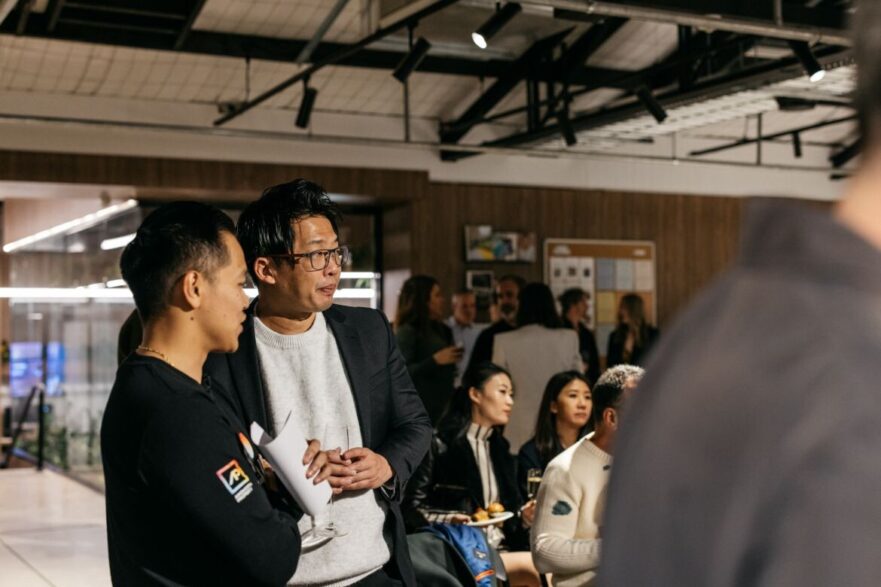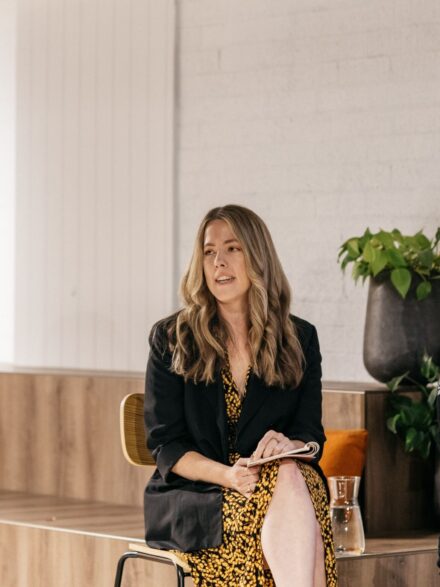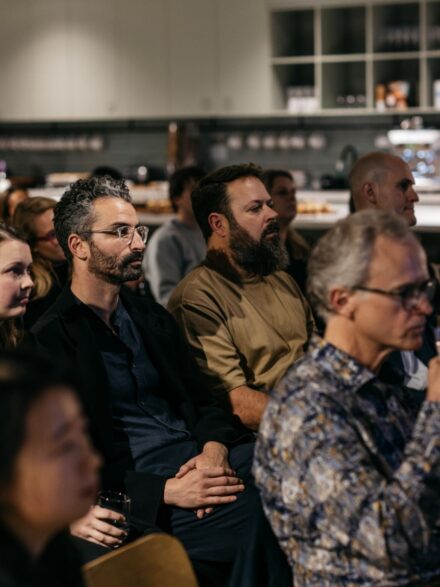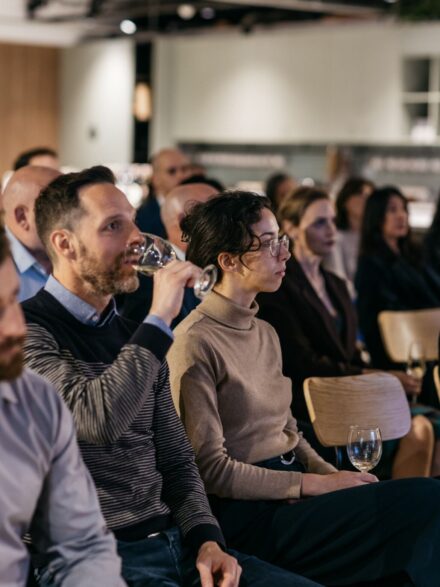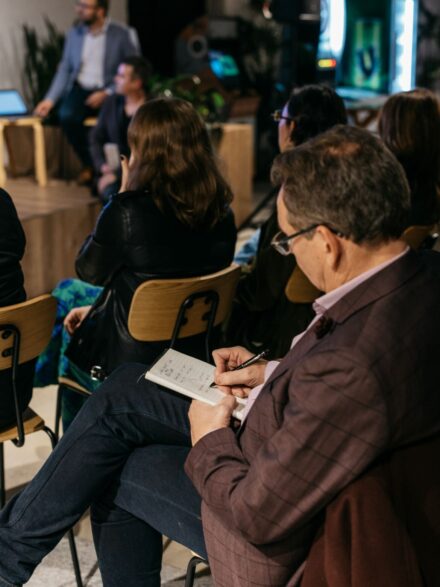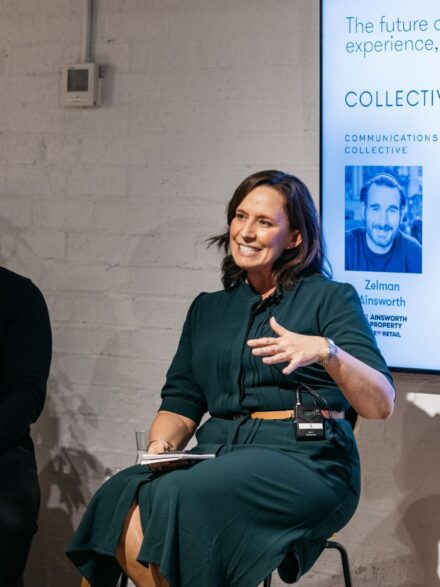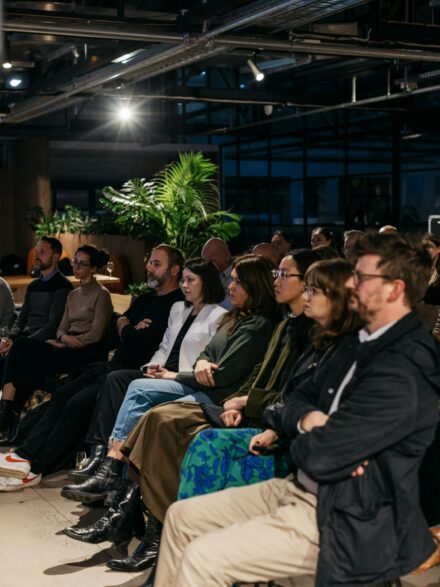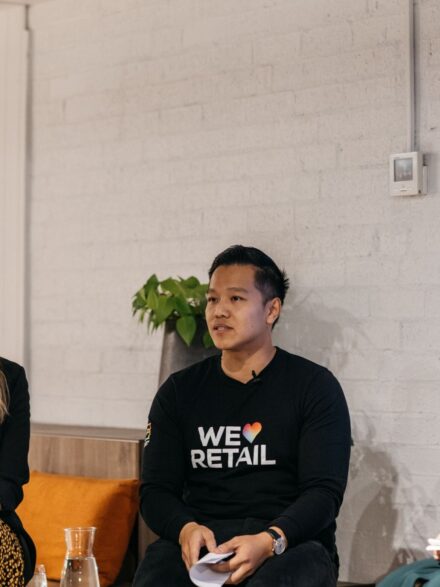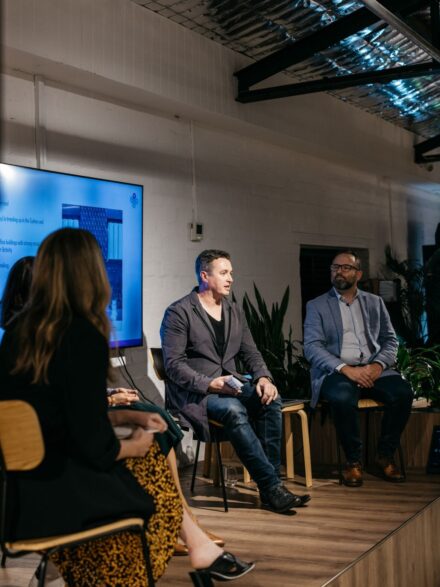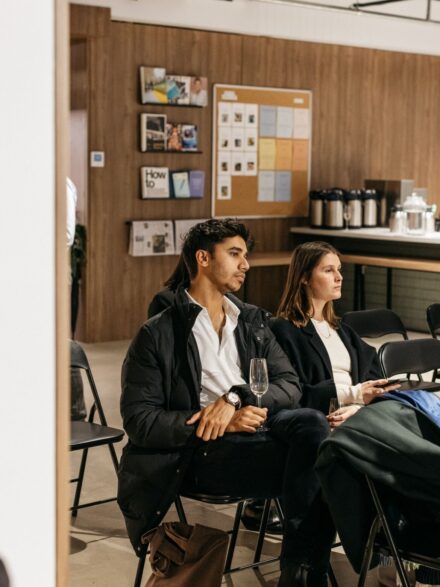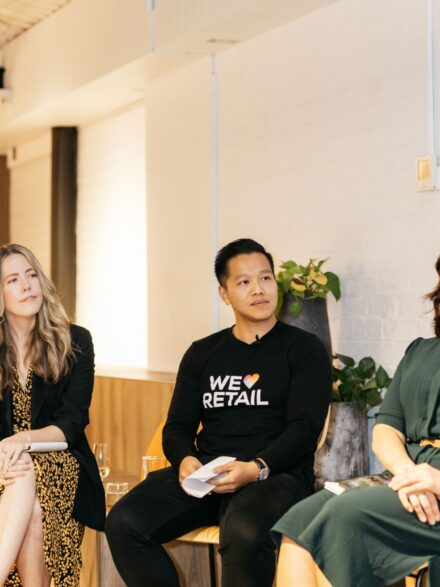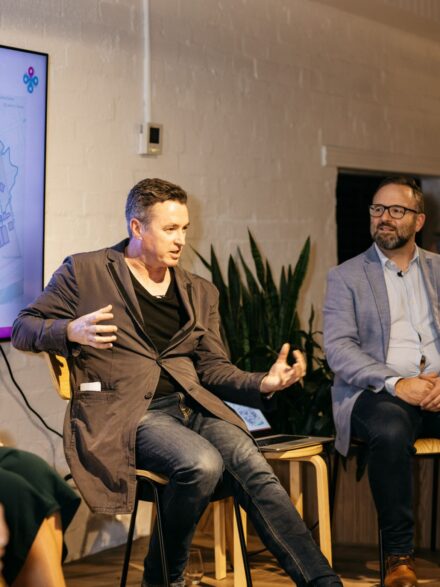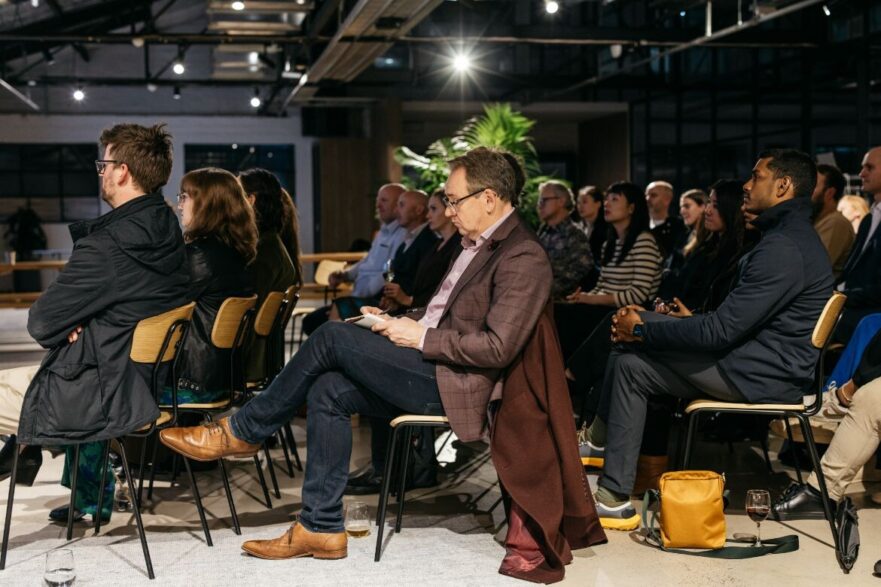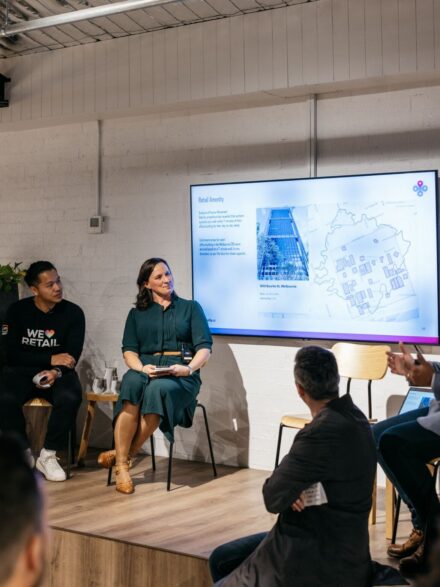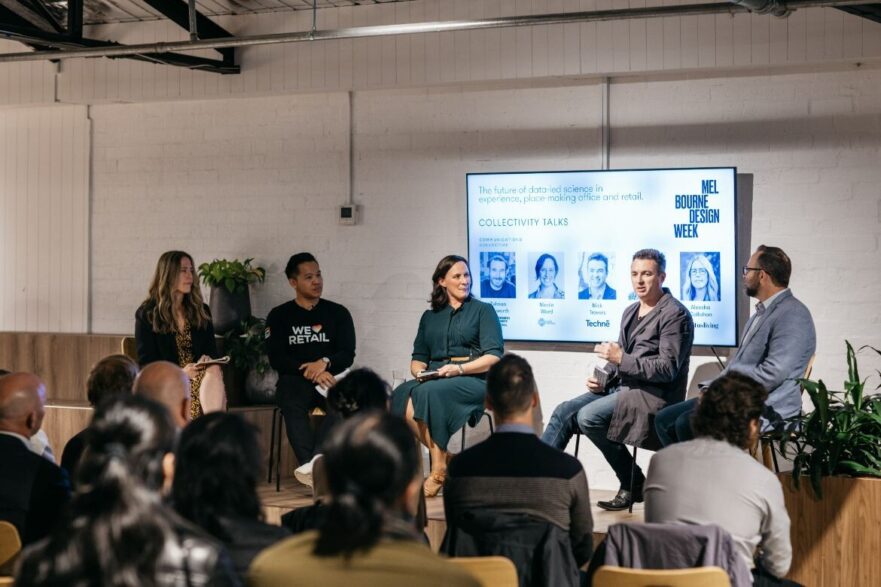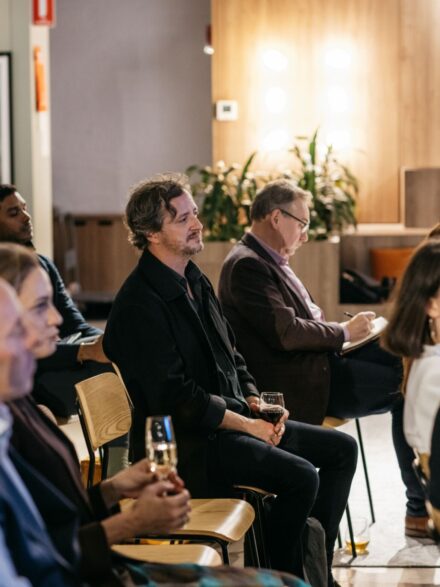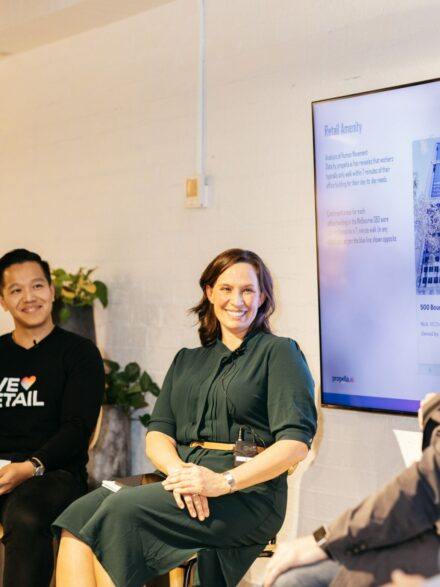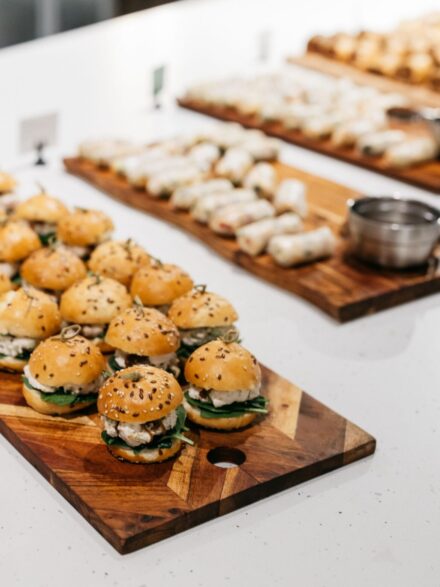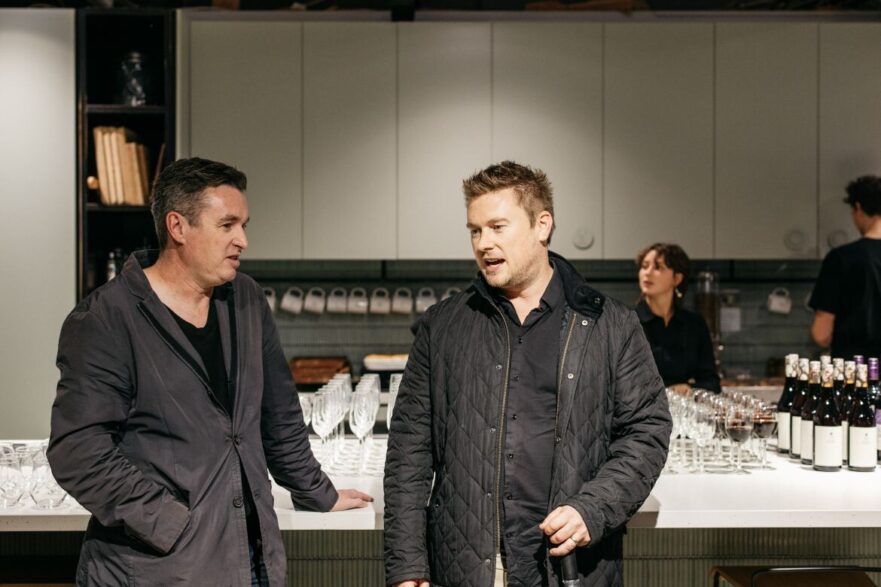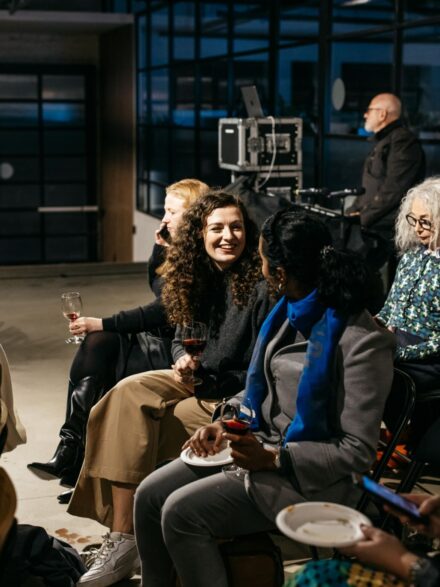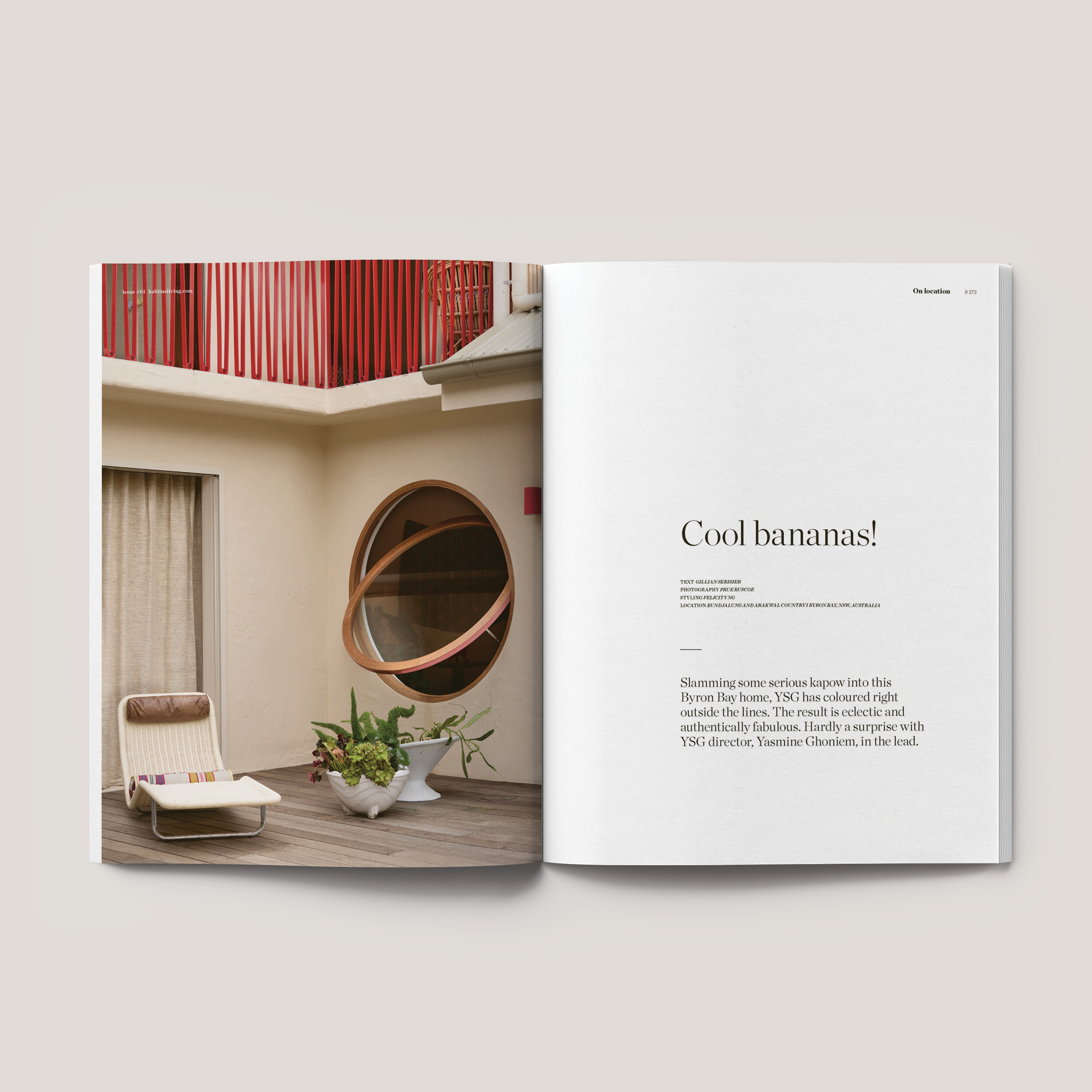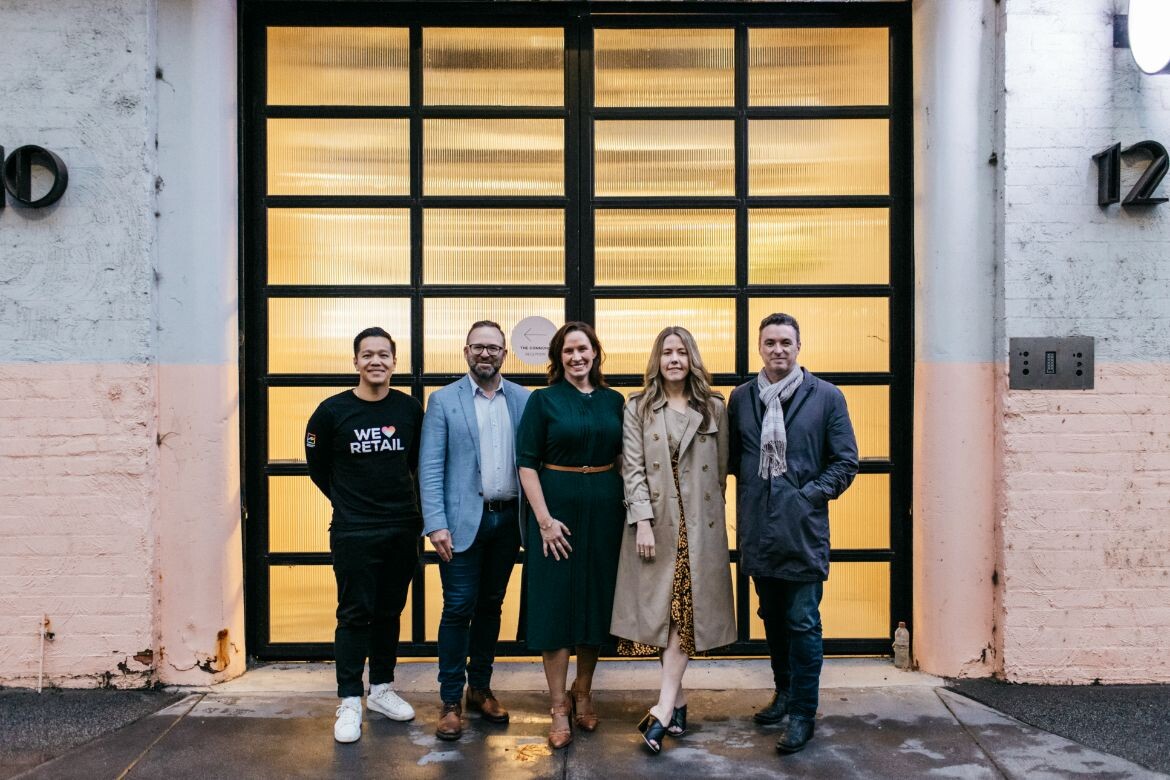There’s no denying we’re on the precipice of some huge societal shifts as generative artificial intelligence (A.I.) platforms like ChatGPT and Mid Journey are being adopted at breakneck speed. What kind of impact will this have on the way cities are designed and developed? It’s too early to say exactly but the integration of data and technology has already been well underway, and it has the power to create safer, more inclusive and commercially successful cities.
Among the brimming program of events for Melbourne Design Week, it was a pleasure to host a panel talk that tackled the way data can be used to revitalise Melbourne’s CBD, organised by Collectivity Talks and hosted at The Commons, Cremorne. The evening brought together a powerhouse panel of speakers whose knowledge set the tone for a fascinating discussion to unfold.
Joining me on the stage was Nicole Ward, general manager ISPT, office; Callan Cameron, director at Propella.ai; Nick Travers, co-director at Techne Architecture + Interiors and Tan Thach, associate director at Ainsworth Property.
Each brought their expertise from a cross-section of architecture, retail and workplace to discuss how data is already being adopted and used for placemaking, as well as prophesizing where things might be headed.
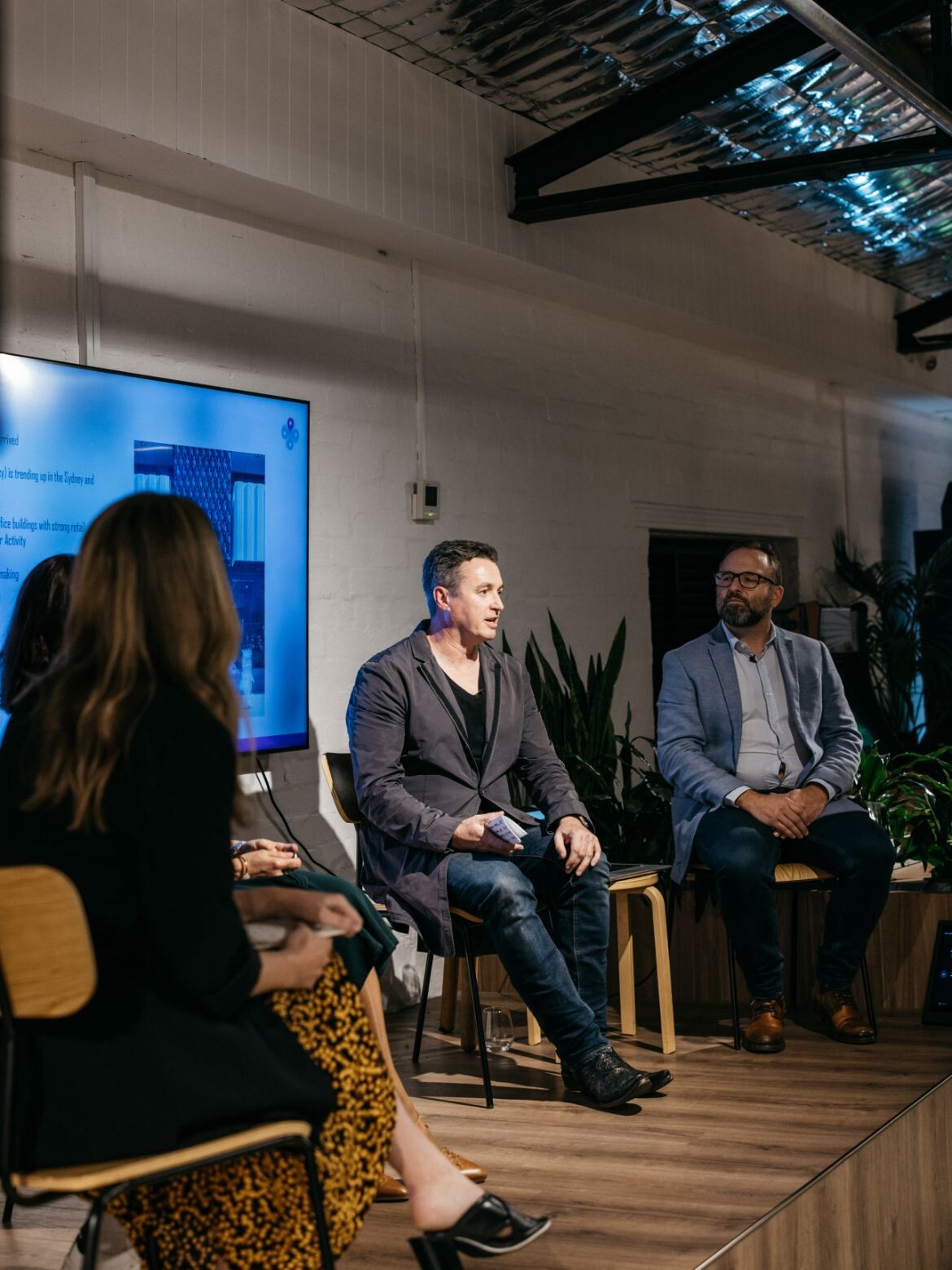
Cameron shared findings from data collected and analysed on commercial CBD buildings through his proprietary platform Propella.ai, which highlighted key trends and behaviour patterns pre- and post-Covid in Melbourne’s CBD.
For Travers, the potential to use this kind of data in the design phase presents cases for validating ideas and embedding design concepts into a project from the outset, making for richer and more meaningful design outcomes. On the question of whether using data as a design tool could result in generic solutions, or eliminate thoughtful risk-taking, Travers expressed that it was quite the opposite – it would help set the boundaries and needs for a project, allowing more time for creative exploration.
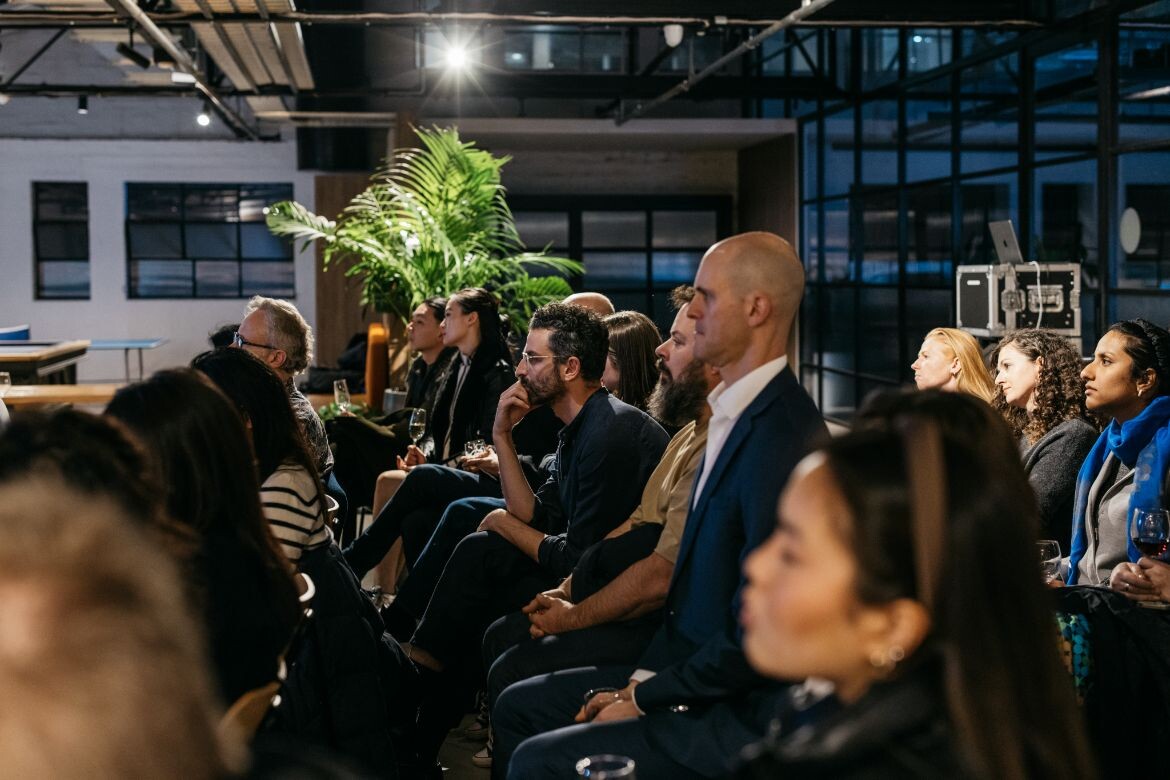
The evening flowed with dynamic conversation, and lots of mingling. Stay tuned for a deep dive into the data presented and what that means for placemaking in our cities.
Photography by Marie Luisa Photography
